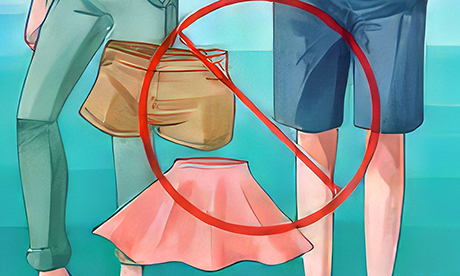Bad liturgy should not be happening and some practices must change.
The comments come in a warning from Archbishop Roger Houngbédji O.P. of Cotonou.
He has observed many “unruly” liturgical celebrations during his seven years as head of Benin’s largest Catholic diocese.
Houngbédji has reminded priests, deacons, consecrated persons and laity of the archdiocese of numerous points concerning the attitude that should be adopted during the liturgy, particularly Mass.
“The practice of sometimes proclaiming liturgical texts or singing the responsorial psalm from a cell phone is prohibited” he told them.
In addition, he said that all “untimely movements” during the liturgy – particularly during the sign of peace – should stop.
Dress suitably for liturgy
Clothing was another issue on which the archbishop laid down the law.
His instructions said that people in the assembly should be careful how they dress for liturgy.
“Avoid, as far as possible, outfits that are too brightly coloured, too conspicuously printed or too imposing in shape.
“Skirts and dresses should be of decent length and not too tight.
“Similarly, revealing tops, crop tops that expose the chest, stomach or back, shocking tattoos, aggressive piercings and ripped jeans are contrary to the spirit of the liturgy.”
Better homilies, music
Houngbédji is especially concerned about the quality of homilies in the archdiocese.
Priests in his diocese must “avoid vague and abstract homilies as well as useless ramblings that risk drawing attention more to the preacher than to the substance of the Gospel message” he told them.
Houngbédji also gave instructions to the archdiocesan liturgical commission members.
They must “work to remove tendentious songs from the liturgical repertoire” he told them.
He also reminded the one million or so Catholics of Cotonou that closing speeches are forbidden during the liturgy for funerals.
The only exceptions are words of thanks, which the presider must make.
“At Mass and before dismissal, no civil or military authority and no well-known benefactor of a parish community, whatever the importance of the services rendered, may speak publicly.”
Reforms needed
Houngbédji, who was appointed archbishop in 2016, says the reforms he has propagated are necessary.
“Liturgical celebration cannot be content with unbridled ritual ordering, still less with individualistic attitudes left to the arbitrariness of each person” he says.
He says the instructions he has issued are based on observations he has made during pastoral visits throughout the archdiocese.
“Among the many questions I’ve been asked by the various parish communities is the question of harmonising liturgical gestures and practices” he says.
He says he has been “repeatedly challenged by Catholics on the urgency and necessity of working towards a better understanding of the faith and its proper celebration in the liturgy”.
Maurice Hounmènou, the priest who heads the archdiocesan Commission for Liturgy and Sacred Art, notes the rise of liturgical personalism.
Hounmènou says this attitude has led to introducing “all kinds of prayers and devotions, testimonies, and so forth” into the Mass.
Source
Additional readingNews category: Great reads, World.




